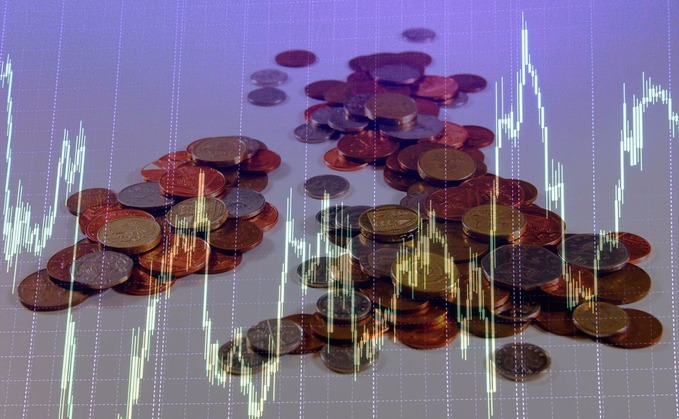
UK inflation fell slightly to 10.5% in December, representing a two month drop from a peak of 11.1% in October.
The consumer price index fell from 10.7% in November, while the consumer price index including owner occupiers' housing (CPIH) fell from 9.3% in November to 9.2% last month, data from the Office for National Statistics revealed.
CPIH, OOH component and CPI index values, December 2021 to December 2022
Source: Office for National Statistics
The statistics agency said the drop was mainly due to a decline in fuel prices, while also being helped by a drop in clothing and footwear, and recreation and culture.
Fuel prices rose 11.5% in the year to December 2022, compared to 17.2% in the year to November, as petrol prices dropped 8.3% in the last month.
December also saw the lowest petrol prices since before the Russian invasion of Ukraine in February 2022, sitting at 115.3p per litre.
These declines were partially offset by a continued rise in prices from restaurants and hotels and food and non-alcoholic beverages, with food price inflation rising from 16.5% to 16.9% in a month.
This led to core inflation, which strips out food, energy, alcohol, and tobacco prices, remaining unchanged at 6.3%, above economist expectations.
Inflation in the UK still remains significantly above many other developed countries. The US reported inflation had fallen to 6.5% in the country last week.
JP Morgan Asset Management global market strategist Hugh Gimber said that while "a cold weather front may have descended on the UK", there is "little sign of much cooling" in the inflation data.
Gimber argued the report will "add to the pressure" on the Bank of England to continue to tackle inflation at their meeting next month.
He noted that labour market reports had seen wage growth over 6%, with sectors such as hospitality seeing particularly sticky price pressures.
Gimber concluded: "This week's evidence would suggest that bold action is required. We expect that interest rates will need to rise by at least one percentage point over the coming months - taking interest rates to 4.5% or above - before the bank is able to consider pausing its tightening cycle."
The impact on schemes
XPS Pensions Group said 2022 saw inflation rates rise above average pension increase caps for schemes - typically set at 5% or below for the majority of pensioners - for the first time in 30 years.
It said that, as a result, defined benefit pensioners were missing out on an average of £500 a year of income due to the capping of their inflationary increases in 2022 - equating to a real income loss of over £10,000 over a lifetime for someone at state pension age. It added that, as inflation would likely remain above the increase cap this year, incomes would be reduced further.
XPS Pensions Group senior consultant Charlotte Jones explained: "While inflation is starting to slow, even half the current rate of inflation will see UK pensioners potentially miss out on full inflationary increases to their benefits due to the increase caps in place for the second year in a row.
"The implications are especially significant for members looking to retire early in this high inflationary environment, as they potentially swap full inflationary increases before retirement for capped increases after retirement. With the level of complexity involved, many pensioners will need support to fully understand the impact this high inflation environment is having on their benefits."






